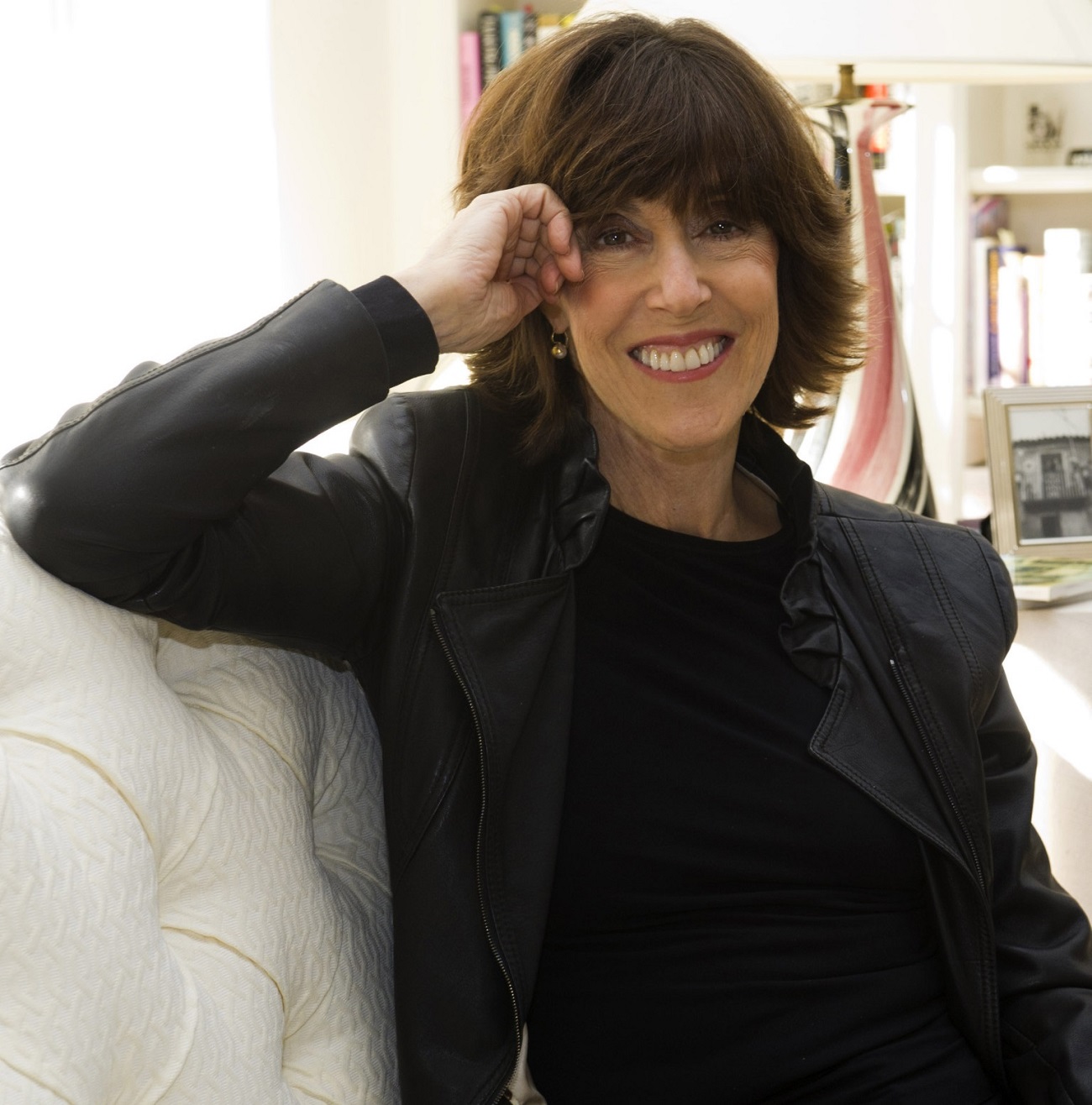One of America's greatest authors, Ernest Hemingway, began his career as a newspaper writer at the age of seventeen in Kansas City. In 1926, at the age of twenty-seven, he published his first novel, The Sun Also Rises, which showcases his powerful writing style. Three years later, his second novel, A Farewell to Arms, was just as successful. It drew from his experiences in World War I, recreating the same fear and courage in his protagonist.
In 1953, Hemingway won a pulitzer for The Old Man and The Sea , which is based on his experiences in Cuba. His protagonist is an old fisherman who lives by the same code as Hemingway -- “a man who lives correctly, following the ideals of honor, courage and endurance in a world that is sometimes chaotic, often stressful, and always painful.”
To millions of admirers, myself included, Ernest Hemingway is a one-of-a-kind writer. His wit and dedication to his craft makes him a hero to all of us who would like to be pulitzer winners one day. Hemingway's last interview was with George Plimpton, founding editor of The Paris Review, in 1954. It offers a window into the brilliance of one of the greatest (if not greatest) writers of all time.
My favorite part of the interview, which can be viewed below, is when he described his writing process.
INTERVIEWER: Could you say something of this process? When do you work? Do you keep to a strict schedule?
HEMINGWAY: When I am working on a book or a story I write every morning as soon after first light as possible. There is no one to disturb you and it is cool or cold and you come to your work and warm as you write. You read what you have written and, as you always stop when you know what is going to happen next, you go on from there. You write until you come to a place where you still have your juice and know what will happen next and you stop and try to live through until the next day when you hit it again. You have started at six in the morning, say, and may go on until noon or be through before that. When you stop you are as empty, and at the same time never empty but filling, as when you have made love to someone you love. Nothing can hurt you, nothing can happen, nothing means anything until the next day when you do it again. It is the wait until the next day that is hard to get through.
The interview in its entirety can be found here.














